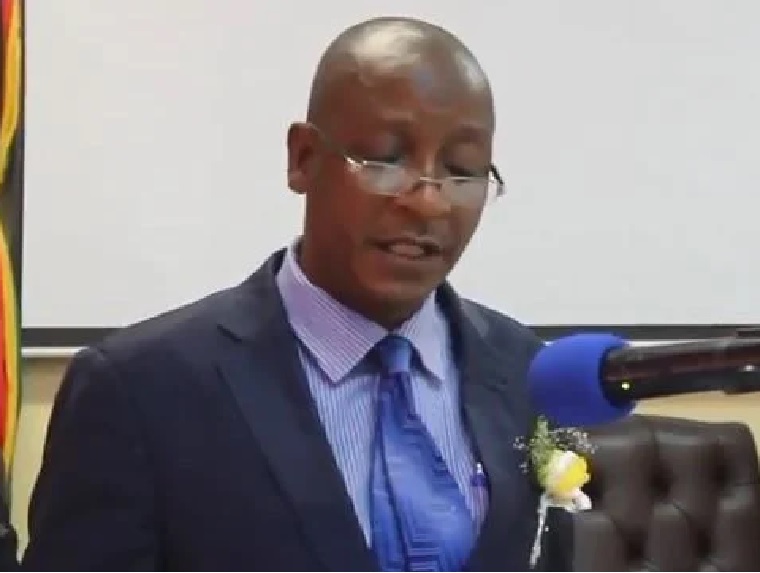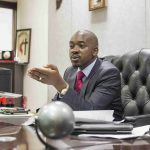 Zimbabwe Justice Minister Ziyambi Ziyambi says it is very difficult and expensive to prosecute high profile corruption cases but with the passing of the Anti-Money Laundering Law, the government may have to resort to seizing assets as this is an easier route to follow.
Zimbabwe Justice Minister Ziyambi Ziyambi says it is very difficult and expensive to prosecute high profile corruption cases but with the passing of the Anti-Money Laundering Law, the government may have to resort to seizing assets as this is an easier route to follow.
He was responding to a question from Bulawayo legislator Priscilla Misirihairabwi-Mushonga who wanted to know what is happening with corruption cases in Zimbabwe as a number of high profile people have been arrested but nothing has happened.
Ziyambi said it was very difficult and expensive to prosecute corruption as this involved people with the means to high lawyers.
“What we found out worldwide is that it is very difficult to prosecute a corruption case and also very expensive,” Ziyambi told Parliament.
“I am glad that this House also passed an amendment to the Anti-money Laundering law so that we have a provision for assert forfeiture.
“This is an easy route to follow where the onus is on the person to prove where they got the wealth from and if they fail, then those assets are forfeited to the State.
“So now we are going to use several avenues to ensure that we deal with corruption cases but indeed corruption cases are not very easy to prosecute as they involve people with means and those people will use every available legal process to ensure that they stall the process.”
Asked how he expected corrupt people to be prosecuted when the Prosecutor-General had publicly stated that the State had been captured, Ziyambi replied:
“The first thing that I want to say is that the Prosecutor-General never said that ‘the prosecution is captured’.
“Secondly, the Prosecutor-General believes that he was quoted out of context.
“Thirdly Hon. Speaker, if I am captured, it does not translate to the Prosecutor-General being captured. As an individual, I am answerable for my own deeds, so if I do some misdemeanors, perhaps that is what the Prosecutor-General referred to but in conversation with him, he believes that he was misquoted and what was reported which is what the Hon. Member is quoting – he was misquoted because they did not take in context what he was saying.”
Continued next page
(299 VIEWS)


